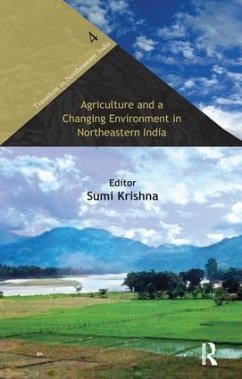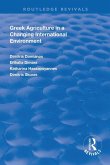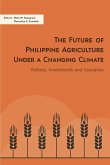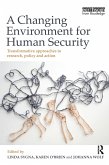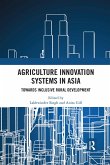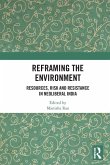India's northeastern region, forged by a unique geological history and peopled by several waves of migration, is extraordinarily complex. Farming systems in the hills and the riverine plains are embedded in a heterogeneous environment, comprising forests, wetlands and fields, shaped over centuries by nature and people. Today, the environment and economy are undergoing rapid transformation, affecting peoples' lives, livelihoods and methods of food production. The essays in this volume bring a multi-disciplinary perspective to critical aspects of the process of agricultural change, examine the gender dimensions of agriculture, and explore initiatives for sustainable livelihood and ecological conservation. Part I analyses the impact of policies and people's own aspirations on the closely-intertwined ecology and economy of the region. Part II discusses the gender dynamics of farming, forestry and biodiversity in a socio-cultural context where women are primarily responsible for food production. Part III highlights some alternative farming interventions and community-based efforts for environmental conservation, sustainable resource management and improved livelihoods. This book will be useful to scholars and students of agriculture, economics, development, environment and gender studies, and to those involved in policy analysis, natural resource management and community organisation, as also general readers interested in India's northeastern region.
Hinweis: Dieser Artikel kann nur an eine deutsche Lieferadresse ausgeliefert werden.
Hinweis: Dieser Artikel kann nur an eine deutsche Lieferadresse ausgeliefert werden.

